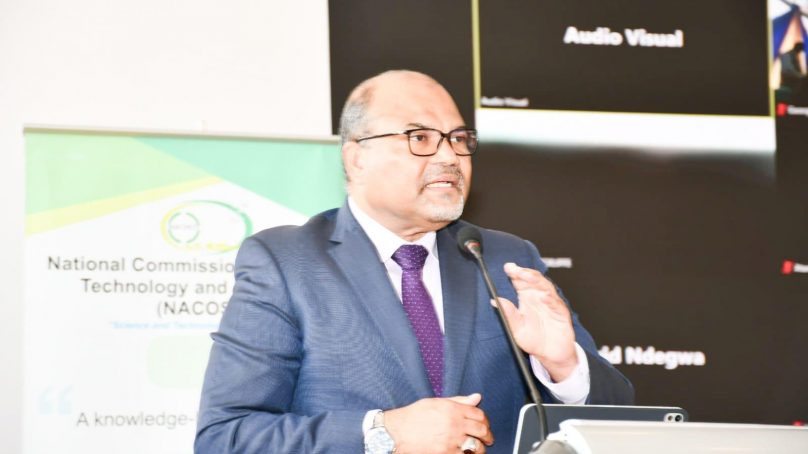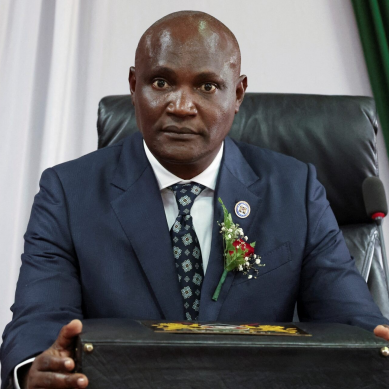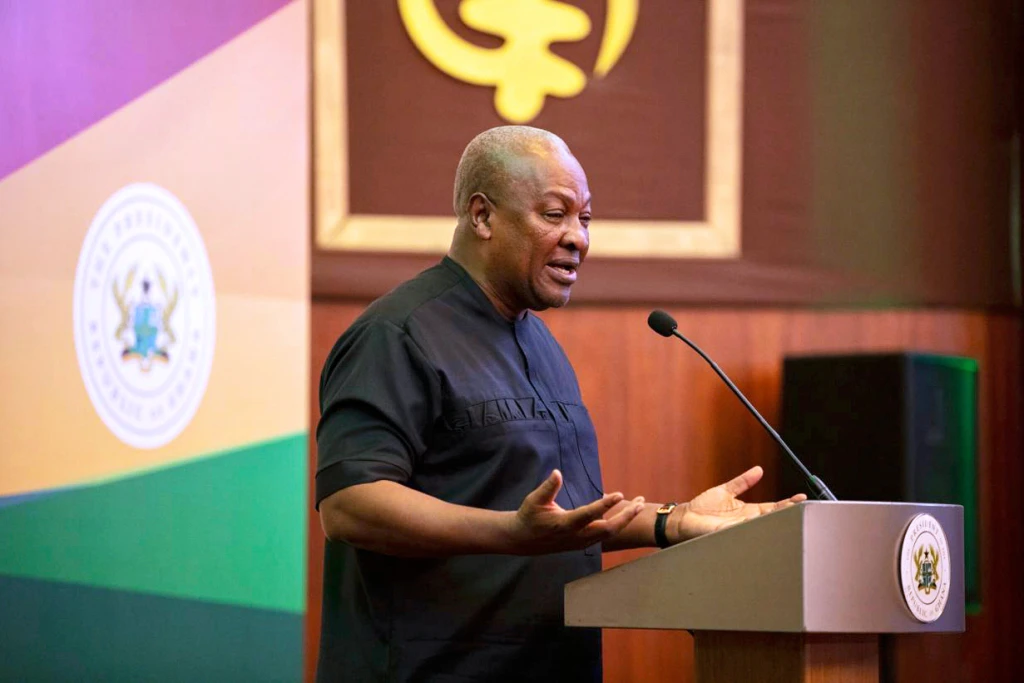
Kenya has published a draft Nuclear Science and Technology Policy alongside the Kenya Atomic Energy Agency Bill, both of which are designed to guide the safe and peaceful use of nuclear technology across multiple sectors of national development.
The two instruments, currently subjected to public scrutiny before ratification, aim to provide an integrated framework for the coordination of nuclear science, research and technology applications in energy generation, health, agriculture, industry and environmental management.
The move marks a significant milestone in Kenya’s efforts to adopt clean, reliable and sustainable sources of energy while strengthening its science and innovation capacity.
Speaking during a stakeholder validation forum in Nairobi on Tuesday, Principal Secretary for Science, Research and Innovation Shaukat Abdulrazak said the policy and Bill are a response to Kenya’s rising energy demands and the need for a coherent national approach to nuclear applications.
“We must establish a robust legal and institutional framework that promotes research, innovation and industrial application of nuclear science in a safe, secure, and peaceful manner,” Prof Abdulrazak said.
He noted that the proposed Kenya Atomic Energy Agency (KAEA) will serve as the central coordinating body for all nuclear-related activities, bringing together existing players such as the Nuclear Power and Energy Agency (NUPEA) and the Kenya Nuclear Regulatory Authority (KNRA).
The agency, he said, will ensure the harmonisation of mandates, effective oversight and alignment with international standards.
Kenya has been a member of the International Atomic Energy Agency (IAEA) since 1965 and according to Prof Abdulrazak, the establishment of the KAEA is a natural progression towards achieving the nation’s ambition of becoming a regional leader in nuclear research and innovation.
He added that countries such as South Africa, Egypt, Ghana, Nigeria and Morocco already operate atomic energy authorities or commissions that coordinate peaceful nuclear programmes, offering Kenya a tested model to emulate.
The draft policy defines four broad objectives: the establishment of a sustainable nuclear power programme, strengthening safety and regulatory infrastructure, promotion of non-power nuclear applications and development of skilled human resources through a robust local industrial base.
Prof Abdulrazak underscored that the framework will not only strengthen regulatory and safety systems but also promote greater public understanding of nuclear science, which remains widely misunderstood.
“We must demystify nuclear science and technology. The public needs to know that nuclear applications go beyond electricity generation, they contribute to food security, cancer diagnosis and treatment, clean water management and industrial growth,” he explained.
He cited examples of how nuclear techniques have already been used in Kenya to develop drought-resistant crops through mutation breeding, monitor soil and water use efficiency and extend the shelf life of agricultural produce through irradiation and other preservation methods.
In health, nuclear technology has been instrumental in expanding access to cancer treatment and diagnostics at major facilities such as Kenyatta National Hospital, Kenyatta University Teaching, Referral and Research Hospital, and new centres in Mombasa, Nakuru and Garissa.
The draft Bill provides for the establishment of a governance structure for the KAEA, including a Board of Directors, the appointment of a Director-General, and recruitment of technical and professional staff. It also proposes that all nuclear-related projects in the country be registered with the agency to enable coordinated monitoring of safety, security, and safeguards in line with Kenya’s international obligations.
In addition, the framework outlines the creation of a dedicated fund for the agency’s operations to ensure financial stability, accountability and the ability to mobilise resources for research and capacity building. Universities and research institutions will also be expected to align their programmes with the new policy by developing specialized training in nuclear science, engineering and radiation safety.
The policy emphasises inclusive participation, encouraging youth, women and private sector players to actively engage in the nuclear development agenda. It calls for investment in human resource development and institutional capacity-building to ensure that all stakeholders from regulatory bodies to users of nuclear applications have the expertise to perform their mandates effectively.
“We need to embrace a multidisciplinary approach that involves academia, industry and development partners to build a knowledge-based and innovation-driven economy,” said Prof Abdulrazak.
He further linked the nuclear agenda to the Government’s Bottom-Up Economic Transformation Agenda (BETA), noting that nuclear science can contribute directly to its five pillars of food security, healthcare, digital transformation, housing and micro-enterprise growth.
Prof Abdulrazak reiterated that Kenya is currently in Phase Two of the IAEA’s nine-step milestone approach towards establishing a national nuclear power programme, which includes infrastructure development, regulatory strengthening, and public engagement.
He said nuclear energy will play a crucial role in achieving the country’s target of generating at least 10,000 megawatts of electricity to power industrialisation and sustain economic growth. The principal secretary encouraged participants to submit their insights and recommendations during the public participation sessions to ensure the proposed legislation reflects national priorities and public interest.
“We must ensure that our laws and policies create a safe, transparent and efficient system that allows Kenya to benefit from nuclear science while upholding the highest international standards of safety and security,” he said.
He expressed confidence that with adequate investment, public awareness and collaboration with international partners, Kenya will soon join other nations that have successfully leveraged nuclear science to advance socio-economic development and environmental sustainability.
The draft policy and Bill will undergo further review based on stakeholder feedback before being presented to Cabinet and Parliament for approval.
- A Tell Media / KNA report / By Darlene Kuria







